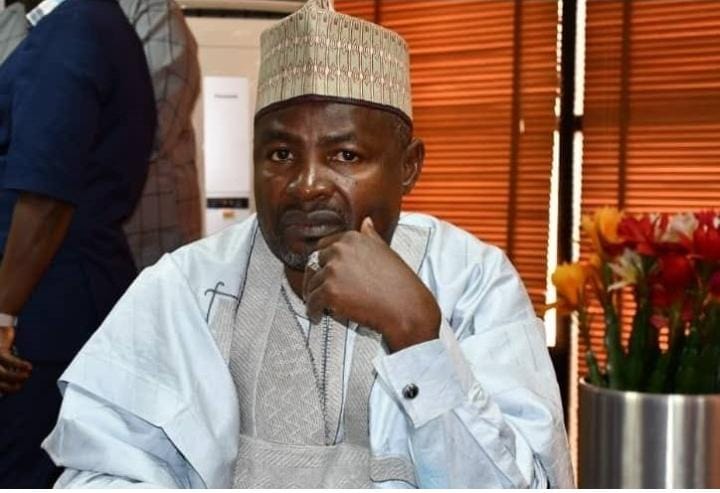The acting Chairman of the Code of Conduct Bureau (CCB), Murtala Kankia, has outlined the critical challenges facing Nigeria’s fight against corruption, pointing to underfunding and inadequate staff as significant hurdles.
Speaking during the inauguration of a new department dedicated to recovering and managing the proceeds of crime in Abuja, Kankia lamented that the CCB’s limited resources were crippling its ability to combat corruption effectively.
“One of our major challenges is the lack of sufficient funding and manpower,” he said.
The CCB, tasked with overseeing asset declarations across public offices in all 36 states and 774 local government areas, operates with a meagre capital budget of N173 million.
Kankia noted that this is insufficient to conduct thorough, domestically and internationally verifications.
“Our mission to receive, investigate, and prosecute asset declaration violations is severely hampered by these constraints,” he explained.
Additionally, the chairman revealed that staffing shortages were straining the bureau’s operations. “When the Bureau was established in 1979, we had about 1,008 employees.
“Today, fewer than 800 remain due to resignations, retirements, and deaths. This number is simply insufficient to meet our extensive mandate,” he stated.
The bureau also faces logistical issues, including inadequate office space, which further compounds its challenges.
“We are currently operating from a small apartment and rented spaces in some states, which are inadequate for our needs,” Kankia added.
Despite these obstacles, the inauguration of the new Proceeds of Crime Recovery and Management Department marks a significant step forward. Kankia expressed optimism that the department would enhance collaboration with other anti-corruption agencies, such as the EFCC and ICPC, in Nigeria’s ongoing battle against graft.
Neda Imasuen, chairman of the Senate Committee on Ethics, Privileges, and Public Petitions, presided over the event and praised the department’s creation as a critical milestone.
He emphasised the need for professionalism and measurable results in the bureau’s operations. ICPC Chairman Musa Ali also highlighted the importance of the new department and the Proceeds of Crime Act in strengthening asset recovery efforts.
However, both officials acknowledged that the road ahead remains challenging, with Kankia stressing that without adequate funding and staffing, the bureau’s anti-corruption mission would continue to face significant hurdles.





